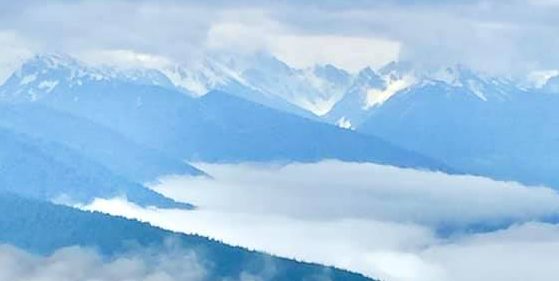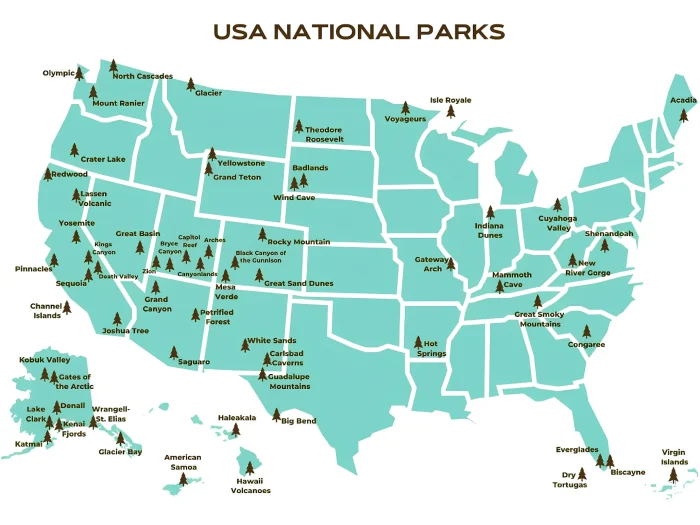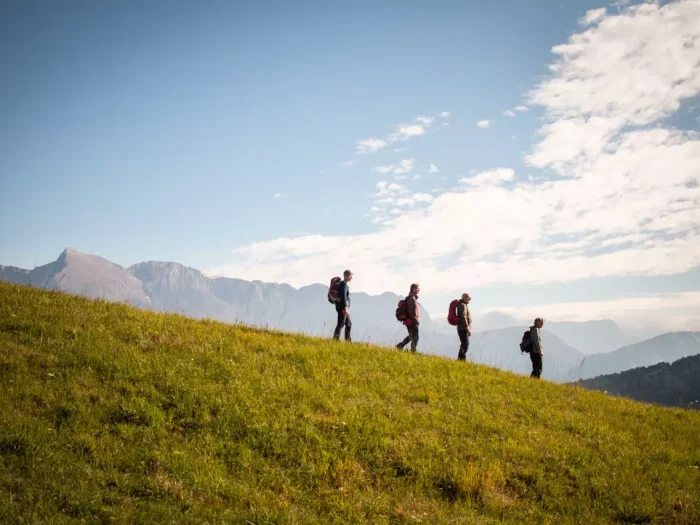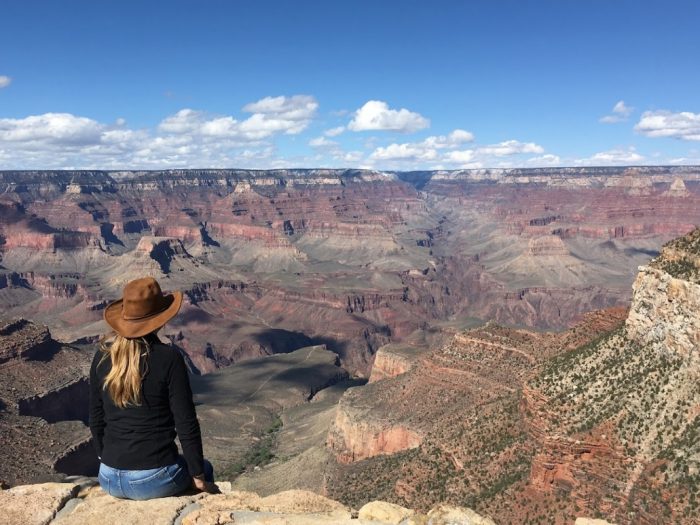Combining Camping Trips with Conservation Efforts in U.S. National Parks
As a college student, you might find it challenging to balance your studies, assignments, and desire for adventure. National parks offer an excellent opportunity to take a break from your academic pressures and immerse yourself in nature. What if you could merge your passion for camping with impactful conservation work? This method enhances your camping experience and helps safeguard the park’s beauty for generations to come.
Imagine collaborating online with a college application essay writer on your assignment under a starlit sky after a day of volunteering. Participating in conservation activities while camping can provide you with a sense of accomplishment and a unique perspective on the environment. In this article, we’ll explore how you can combine camping trips with conservation efforts in U.S. national parks.
Why Combine Camping with Conservation?
Enhance Your Learning Experience
Camping in national parks while engaging in conservation efforts offers a hands-on learning experience. You can gain practical knowledge about ecology, wildlife, and environmental science. This kind of experiential learning can complement your college studies and provide valuable insights for your assignments and projects.
Make a Positive Impact
By volunteering in conservation activities, you help maintain and restore the natural habitats of these parks. Your efforts can include trail maintenance, wildlife monitoring, and invasive species removal. These efforts do more than just protect the environment. They also ensure that the park’s natural splendor can be enjoyed by future visitors.
Develop Valuable Skills
Participating in conservation projects helps you develop skills such as teamwork, problem-solving, and leadership. These skills are valuable for your personal development and also boost your resume and college applications as employers and educational institutions look for candidates committed to community service and environmental stewardship.
Top National Parks for Conservation Camping
Yosemite National Park
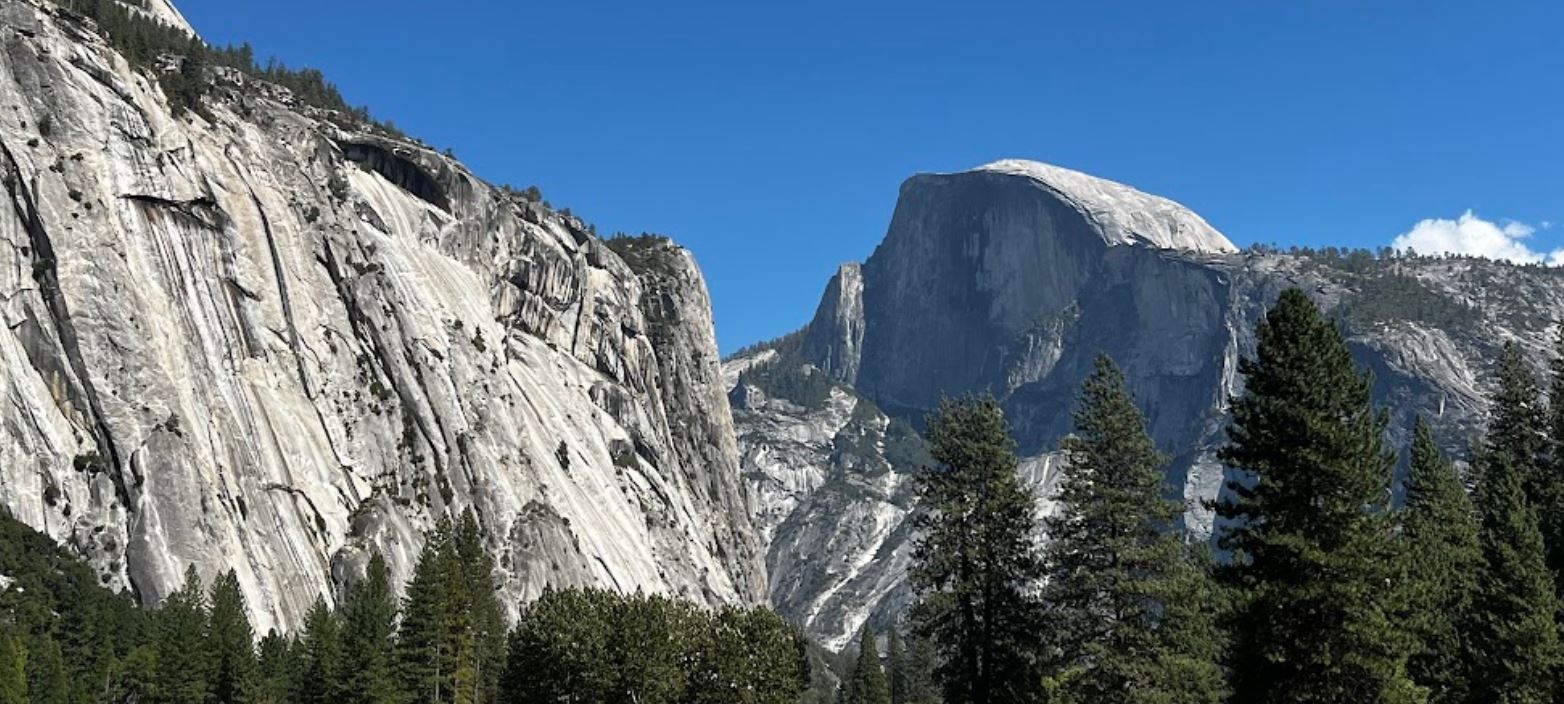
Yosemite National Park in California is celebrated for its spectacular granite cliffs, waterfalls, and towering sequoias. The park offers numerous volunteer opportunities through its Yosemite Volunteer Program. You can participate in activities such as trail restoration, habitat rehabilitation, and litter removal. Combining your camping trip with these conservation efforts allows you to contribute to preserving one of America’s most iconic natural landmarks.
Yellowstone National Park
Yellowstone National Park, spanning Wyoming, Montana, and Idaho, is famous for its geothermal features and diverse wildlife. The park’s Youth Conservation Corps (YCC) program provides opportunities for students to engage in conservation projects. Tasks include constructing trails, restoring habitats, and educating visitors about the park’s natural resources. Camping in Yellowstone while volunteering can be an unforgettable and rewarding experience.
Zion National Park
Zion National Park in Utah is famed for its stunning canyons and dramatic sandstone cliffs. The park offers volunteer programs that focus on preserving its unique landscapes. Tasks include removing invasive species, maintaining trails, and performing wildlife surveys. Camping in Zion and participating in these conservation efforts can deepen your appreciation for the park’s natural wonders.
How to Get Involved
Research Volunteer Opportunities
Start by researching volunteer programs offered by the national parks you’re interested in visiting. The National Park Service (NPS) website provides extensive information on various volunteer opportunities across the country. Seek out programs that match your personal interests, educational aspirations, and schedule. By doing so, you ensure that your contributions are meaningful and fulfilling. Additionally, this approach allows you to maximize the impact of your efforts while gaining valuable experience that complements your academic studies and personal growth.
Plan Your Trip
Once you’ve identified a volunteer program, plan your camping trip accordingly. Make sure to coordinate your volunteer schedule with your camping itinerary for a seamless experience. Ensure you pack properly for both camping and conservation tasks, bringing all necessary equipment and supplies. Consider the specific requirements of the volunteer tasks, such as gloves, sturdy footwear, and any tools you might need. Proper planning will help you make the most of your time in the park, balancing your volunteer work with relaxation and exploration.
Engage and Reflect
During your trip, actively participate in the conservation activities and engage with park staff and fellow volunteers. Reflect on how your experiences tie back to your studies and personal development, taking the time to contemplate what you’ve learned. Documenting your experiences through a journal or blog can also be a great way to share your journey with others. Reflecting on your contributions helps reinforce the significance of conservation efforts and can inspire others to get involved. Additionally, these reflections can provide insightful content for a college application essay writer, making your application stand out.
Conclusion
Combining camping trips with conservation efforts in U.S. national parks is a fulfilling way to enhance your outdoor adventures. As a college student, this approach not only provides a break from your academic responsibilities but also offers valuable learning experiences and the opportunity to make a positive impact on the environment. So, pack your bags, grab your tent, and embark on a journey that benefits both you and the natural world.
Taking the time to volunteer while camping can help you develop new skills, build your resume, and contribute to the preservation of America’s national parks. It’s a rewarding experience that goes beyond the usual camping trip, offering a deeper connection to nature and a sense of accomplishment.
